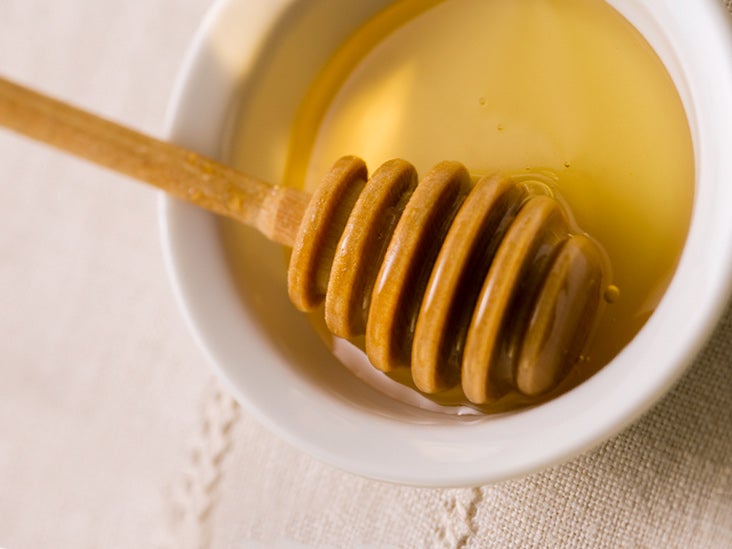

This may help the cyst to discharge, reducing the need for surgery.Īntibiotics – In some cases an antibiotic ointment may be prescribed to apply to the cyst for a few days.

HOT COMPRESS FOR CYST SKIN
This softens the oil in the blocked meibomian gland, making it more likely to discharge from the cyst.Įyelid massage – After the hot compress, use the tips of your fingers to gently massage the eyelid over and around the cyst, pressing the skin towards the edge of the eyelid. Press it gently on closed eyelids for at least one minute, until it starts to cool. Warm compresses – Wet a clean folded facecloth in hot (not scalding) water and wring it out. What treatments can help with a meibomian cyst? What are the main symptoms of a meibomian cyst?Īs well as a tender, inflamed lump in the eyelid, a meibomian cyst can cause irritation of the eye and sometimes blurring of vision, due to pressure on the eyeball. When a child has a tendency to recurrent cysts, they usually become less frequent as they get older. Some people can be prone to recurrent or multiple cysts, particularly if they have chronic blepharitis, causing thickening of the oil in the glands and inflammation of the eyelid margins. Meibomian cysts may come and go over a few days or may persist for weeks or months.Ī Meibomian cyst can occur in anyone, at any age. This often causes a lot of inflammation in the surrounding tissues, resulting in swelling, tenderness and sometimes infection. If the oil becomes thickened it can block the opening of the gland, leading to a buildup of oil in a cyst. Behind the eyelashes is a row of oil glands, which open onto the back edge of the lid margin. Your doctor will be able to take care of the cyst with the least risk of scarring and infection.A Meibomian (my-BO-me-an) cyst, or Chalazion, is a blocked meibomian gland in the eyelid. Resist the urge to try to squeeze or "pop" your cyst. Does anyone in your family have a history of acne or multiple cysts?.Have you recently had a surgical procedure in the affected area?.Have you had any recent skin injuries, including minor scrapes?.Have you had similar growths in the past? If so, on what parts of your body?.Have you noticed any other skin growths?.Your doctor is likely to ask you a number of questions, such as:

Do epidermoid cysts increase my risk of other health problems?.Can I do anything to help prevent a recurrence?.Am I at risk of this condition recurring?.What treatment do you recommend, if any?.If any additional questions occur to you during your visit, don't hesitate to ask. Having a list of questions can help you make the most of your time with your doctor.īelow are some basic questions to ask your doctor about epidermoid cysts. List questions you have about your condition.Note any recent injuries to your skin, including surgical incisions and accidental wounds.List your key medical information, such as conditions you've been treated for and medications, vitamins and supplements you take.Here's some information to help you get ready for your appointment. Occasionally, you may be referred to a doctor who specializes in skin disorders (dermatologist). Options may include observation, incision and drainage if it is inflamed or infected, and removal. He or she will diagnose your condition and outline treatment for your cyst. You'll probably first visit your primary care doctor. Placing a warm, moist cloth over the area to help the cyst drain and heal.But you can help prevent scarring and infection by: You can't stop epidermoid cysts from forming. Explore Mayo Clinic studies testing new treatments, interventions and tests as a means to prevent, detect, treat or manage this condition.


 0 kommentar(er)
0 kommentar(er)
